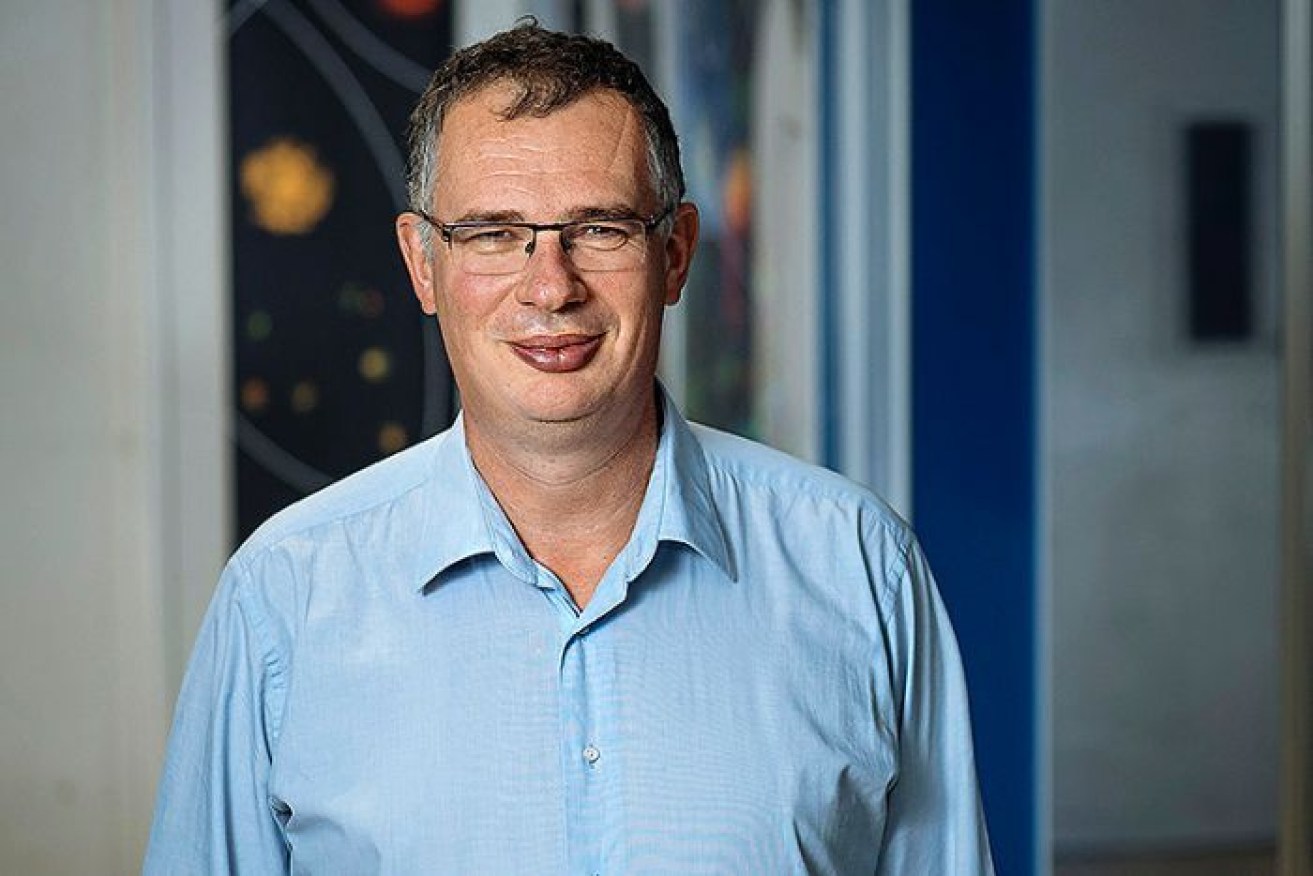Tests confirm old-fashioned remedy can give female fertility a huge boost

Professor Ben Mol says the results are even more exciting than he anticipated. Photo: ABC
A century-old technique can help infertile couples get pregnant without the need for expensive IVF treatments, new research has found.
The lesser-known technique involves flushing the woman’s fallopian tubes with an iodised poppyseed oil.
In one of the largest studies of its kind, a team of researchers in Australia and the Netherlands have found 40 per cent of infertile women successfully fell pregnant.
Professor Ben Mol from the University of Adelaide’s Robinson Institute said the results proved the technique had “significant benefits” for fertility.
“It was long believed that testing a woman’s fallopian tubes could have fertility benefits through ‘flushing out’ the kind of debris that hinders fertility,” he said.
“The reality is, we still don’t really understand why there is a benefit, only that there is a benefit from this technique, in particular for women who don’t present with any other treatable fertility symptoms.”

Professor Mol as a baby with mother Annemie Mol-Albers. Photo: ABC
The trial also looked at the benefits of flushing the tubes in a water-based solution, which improved fertility by 29 per cent.
Professor Mol said the results could be a game-changer for the industry, in which some couples spend tens of thousands of dollars on IVF (in vitro fertilisation) treatment.
He said the procedure cost just a tenth of the price of IVF.
“Considering that 40 per cent of women in the oil-based group achieved a successful pregnancy, that’s 40 per cent of couples who could avoid having to go through the huge costs and emotions associated with IVF treatment,” Professor Mol said.
The procedure, known as hysterosalpingography (HSG), is conducted under X-ray and was first carried out in 1917.
The oil-based product used in the study was Lipiodol Ultra-Fluid, which is available in 47 countries.
Open to new techniques
Nadia Bain, 31, calls her 10-month-old boy Lachlan a miracle baby.
She had eight rounds of IVF before falling pregnant and spent tens of thousands of dollars on the process.
“It wasn’t just the finances, it was the emotional rollercoaster that we had to go through,” she said.
“The processes are very long and stressful.”

Nadia Bain spent tens of thousands of dollars on IVF treatment before conceiving baby Lachlan. Photo: ABC
Despite the emotional rollercoaster, Ms Bain said she would be open to trying new techniques to get pregnant if they were cheaper and easier.
“I would definitely like to have more children and hopefully it’s a lot easier than what we’ve had to go through,” she said.
Professor Mol himself was conceived after his mother undertook such a procedure.
“Over the past century, pregnancy rates among infertile women reportedly increased after their tubes had been flushed with either water or oil during this X-ray procedure,” he said.
“Until now, it has been unclear whether the type of solution used in the procedure was influencing the change in fertility.
“Our results have been even more exciting than we could have predicted, helping to confirm that an age-old medical technique still has an important place in modern medicine.”
– ABC








